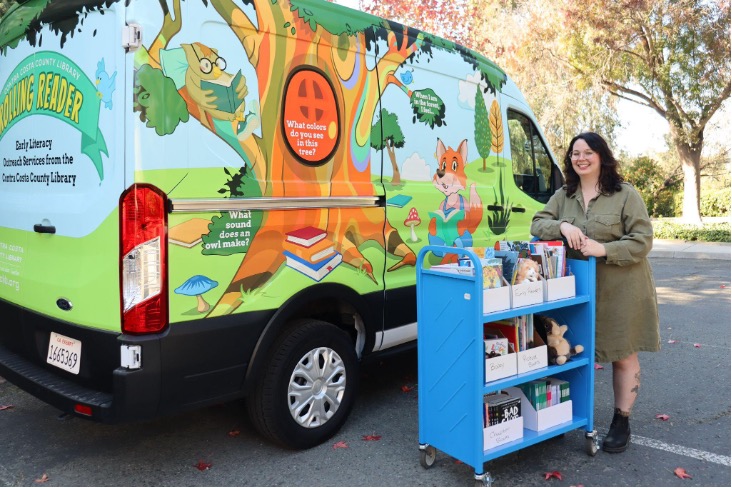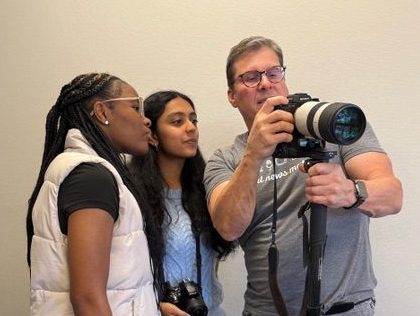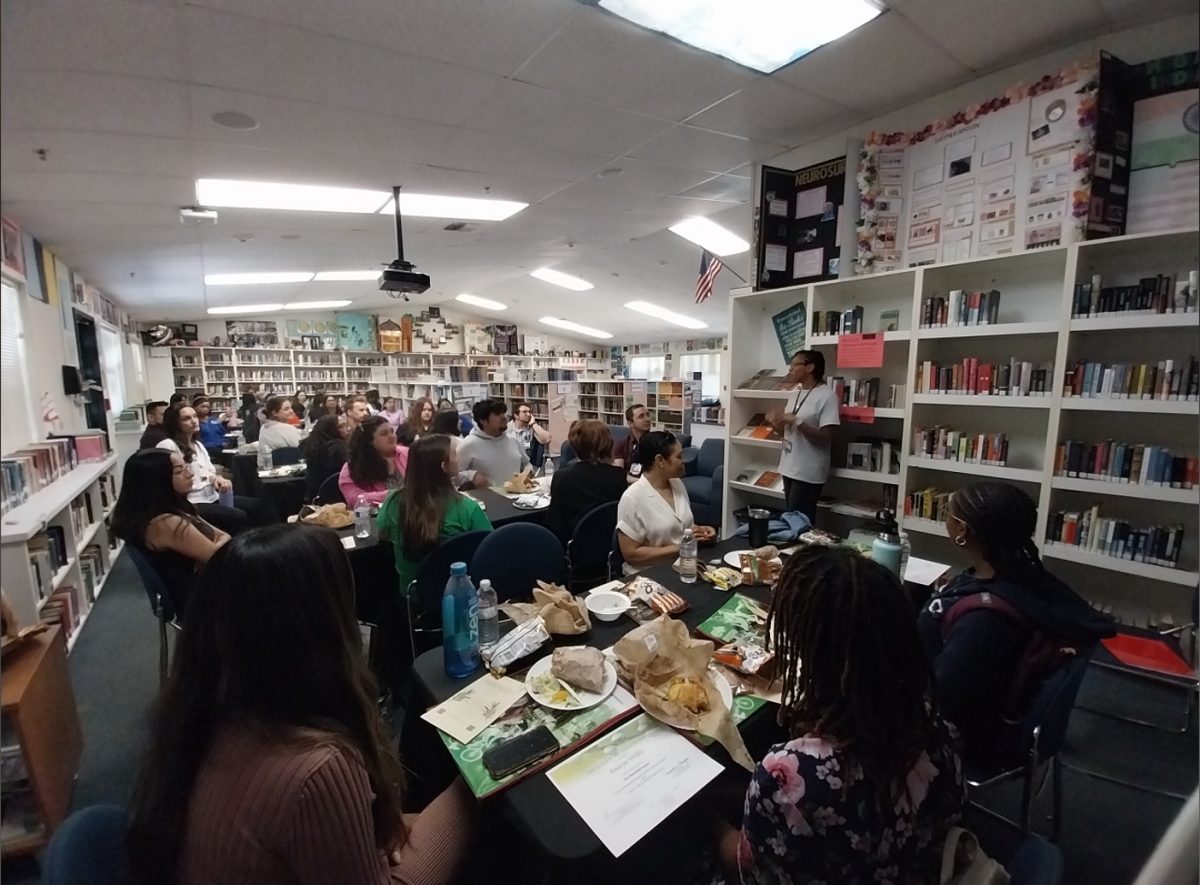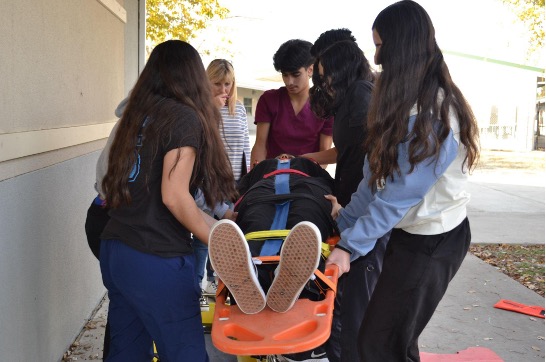The ability to read and write are high-priority tools to navigate life. However, according to research, there are millions of Americans being left behind.
The National Literacy Institute reports that the U.S. ranks 36th in literacy – 45 million adults are functionally illiterate and read below a fifth grade level; 85% of juvenile offenders have problems reading; about 40% of students across the nation cannot read at a basic level and about 70% of low-income fourth grade students cannot read at a basic level.
Regardless of what one believes is the problem for these statistics – or the solution for changing them – the numbers are alarming.
Last fall, during an interview with EdSource, West Contra Costa Unified School District Superintendent Chris Hurst said he is dedicated to increasing the test scores of district students by 5% each year.
“The research is very clear that once a student is behind, they typically will stay behind unless something significant happens in their K-12 experience that changes the trajectory of learning,” Hurst told EdSource. “So for me, literacy is a gatekeeper.”
i-Ready scores from February 2023 show that only 42% of West Contra Costa Unified kindergartners, 26% of first graders and 39% of second graders were reading at or above grade level. And similar to national stats showing lower-income students test lower than their counterparts, the literacy van is working to improve the number of youths who can read and write – well.
To help combat illiteracy, the Contra Costa County Library last November introduced “Rolling Reader” – a new, all electric, early literacy outreach van decorated with colorful trees, critters reading books and provoking questions.
What makes the Rolling Reader different than traditional bookmobiles is its focus. The outreach van and its staff hold storytimes, provides free books and crafts and hosts activities, which are geared toward STEM (science, technology, engineering, and mathematics), small motor skills and early literacy skills, targeting mostly low-income youths.
The mobile library is made possible by grants totalling $155,000 from the Bella Vista Foundation; MCE, a community choice energy program; and Measure X, a half-cent sales tax passed by voters in 2020.
Brooke Converse, spokesperson for the library, said the look and van mascot, Roxy the fox, were designed with the help of the early literacy team and a graphic designer. She added that the van’s staff seeks to reach children from under 5 years old, traveling to low-income, underserved communities.
“The Rolling Reader and dedicated library staff have been very busy since its launch,” Converse said. “In the last 4 1/2 months, the van has made 75 visits, served 2,765 children, given away 2,588 books and 401 craft kits, and 63 people signed up for new library cards.”
Converse said the books are currently paid for using grant funding, “but when that money runs out the library will be looking for additional funding to help support the early literacy outreach program.”
The Contra Costa County Library also offers literacy services beyond the Rolling Reader. One is its service dog programs, where children in first-to-fifth grades struggling to find confidence to read can comfortably read to listening service dogs. For younger children, Stories to Go kits are offered, containing what all parents need for enriching storytimes. Kindergarten Countdown offers exciting early literacy skill events. For outside-driven youngsters, the library also offers StoryWalk, permanent outdoor trails with stories along the trail.
Adults are not left alone in the search for literacy skills. Project Second Chance is the library’s adult literacy program offering free and confidential private sessions with adults who are below the sixth-grade reading level, to teach them the necessary reading and writing skills to excel.
Amy Vasquez, a school librarian at Dozier-Libbey Medical High School in Antioch, has worked with adolescents, books and literacy for 10 years. She said she finds hope in children who find joy in reading, instead of seeing it as a burden.
“[Reading] is not like a chore or like a lot of kids, you know, don’t want to read,” Vasquez said. “They’d rather go play or now that everybody’s on video games.”
*Additional Resources:
Introducing the Rolling Reader, the Library’s New Early Literacy Outreach Van
Introducing: The Rolling Reader!
Why Does Literacy Matter? | EDC
WHY LITERACY? — The Lucy Project
Sophia Goyena is an 11th grader at Dozier-Libbey Medical High School in Antioch.




